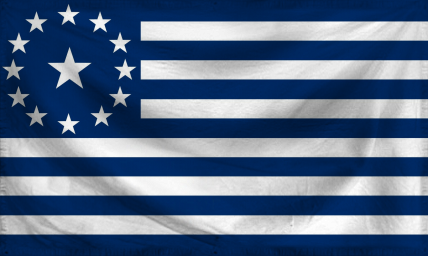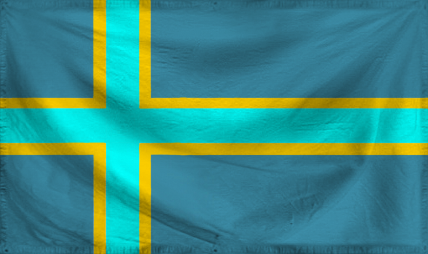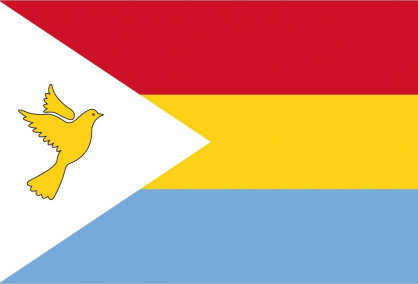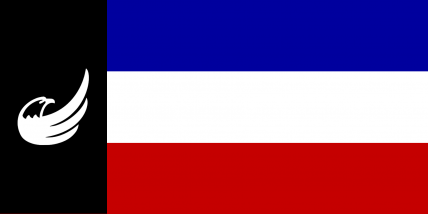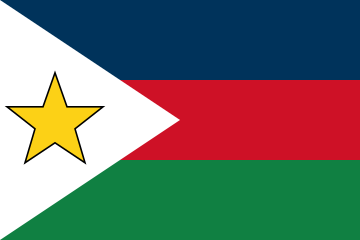The United Artherian Federation wrote:Internet Freedom Report
Make sure to answer honestly. Questions are freeform, a simple yes or no may not always suffice.
Nation: Artheria
A1. Do infrastructural limitations restrict access to the internet or the speed and quality of internet connections? No.5
A2. Is access to the internet prohibitively expensive or beyond the reach of certain segments of the population for geographical, social, or other reasons? No. 5
A3. Does the government exercise technical or legal control over internet infrastructure for the purposes of restricting connectivity? Only when matters of national security deem it necessary, and when minors rights are violated. 5
A4. Are there legal, regulatory, or economic obstacles that restrict the diversity of service providers? No, there are not. 5
A5. Do national regulatory bodies that oversee service providers and digital technology fail to operate in a free, fair, and independent manner? Yes. Board members are chosen by the Kaiser, and then face retention before the people every five years. 5
B1. Does the state block or filter, or compel service providers to block or filter, internet content? Yes, pornography sites and sites that are terrorist in nature. 5
B2. Do state or nonstate actors employ legal, administrative, or other means to force publishers, content hosts, or digital platforms to delete content? The state has the authority to take down websites that sell illegal goods, host illegal pornography or promote terrorist activites. 5
B3. Do restrictions on the internet and digital content lack transparency, proportionality to the stated aims, or an independent appeals process? No. 5
B4. Do online journalists, commentators, and ordinary users practice self-censorship? Only when they believe it is necessary to do so. 4
B5. Are online sources of information controlled or manipulated by the government or other powerful actors to advance a particular political interest? No. 5
B6. Are there economic or regulatory constraints that negatively affect users’ ability to publish content online? Pornography is outlawed. 3
B7. Does the online information landscape lack diversity? Diversity in what way? 3
B8. Do conditions impede users’ ability to mobilize, form communities, and campaign, particularly on political and social issues? No. 5
C1. Do the constitution or other laws fail to protect rights such as freedom of expression, access to information, and press freedom, including on the internet, and are they enforced by a judiciary that lacks independence? Freedom of expression is protected. 5
C2. Are there laws that assign criminal penalties or civil liability for online activities? Yes. These laws involve illegal pornography and making terrorist threats against life or property. 4
C3. Are individuals penalized for online activities? Only when it involves illegal pornography or organizing terrorist activities. 4
C4. Does the government place restrictions on anonymous communication or encryption? No. 5
C5. Does state surveillance of internet activities infringe on users’ right to privacy? No. 5
C6. Are service providers and other technology companies required to aid the government in monitoring the communications of their users? Only when required by court order, or the Kaisers request. 3
C7. Are individuals subject to extralegal intimidation or physical violence by state authorities or any other actor in retribution for their online activities? No. Any such actives often result in heavy criminal charges. 5
Liberty House has reviewed the status of internet freedom in Artheria, and has assessed an Internet Freedom Score of 93. The primary issue found was the ease in which the government can surveil their citizens, requiring only a simple request. A lower importance concern is the complete ban of pornagraphy, beyond just that which exploits minors.




